Editor’s Note: Duke University Press makes available one article per issue of Labor: Studies in Working-Class History of the Americas to non-subscribers, for 6 months after posting. We have selected Tom Alter’s recent article on the CTU from the Fall 2013 issue. We welcome your comments about this essay. Randi Storch provides an introduction and commentary.
State University of New York employees are reeling from the union contract negotiated between the faculty union (the United University Professions) and the Governor’s office. Behind closed doors and in the post-Scott Walker anti-public employee environment of the day, the union’s negotiations team took a beating. In the end, the largest union that represents faculty in higher education agreed to furlough days (or in Governor Cuomo speak, Deficit Reduction Leave) and a significantly higher individual and family cost to health care. It is true that the membership did ultimately vote in support of this concessionary contract, but they did so only after being told by union leaders that if they did not vote yes, they would only be hit with an even worse contract than the one proposed and that fellow union members would be sure to lose their jobs. Solidarity?
Tom Alter’s article on the Chicago Teacher Union’s (CTU) 2012 strike reminds readers that even in this anti-union climate, there are alternative union models that offer inspiring outcomes. (Editor’s note: this article will be available free for non-subscribers for the next 6 months. Click on the link above or to the right.) According to Alter, the key to the CTU difference is in the choice made by a small group of teacher activists to break away from the union’s business model and to organize along the lines of social movement unionism. This means that CTU activists refused to make their union about inwardly focused issues and individual gain. Instead, their outreach, membership mobilization and educational materials offered a fundamental critic of the neoliberal assault on public education. They placed their union power in the service of a better society.

Alter does a great job describing the structural stages in the CTU’s social movement activism from 2004 through the strike in 2012. I would have also liked to read more about the personal experience of CTU social movement unionism on teachers. By marching in a Labor Day parade and on picket lines, holding citywide membership meetings and deliberating democratically, many Chicago teachers underwent a fundamental process of politicization, and that story needs to be told.
Still, in the big picture, Alter is right. We don’t need more strikes and labor organizing along a business union model. What today’s workers need is a labor movement that is not simply working to defend their own jobs but one that is enmeshed in broader community struggles and able to articulate the link between their own improved workplace conditions and a healthier and stronger community. We owe a big debt of gratitude to Chicago’s teachers for leading the way.


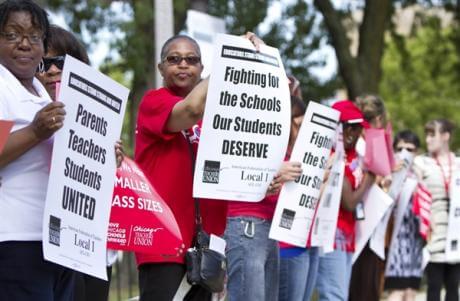
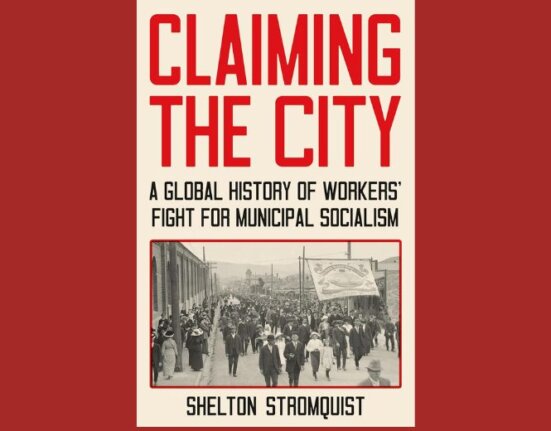
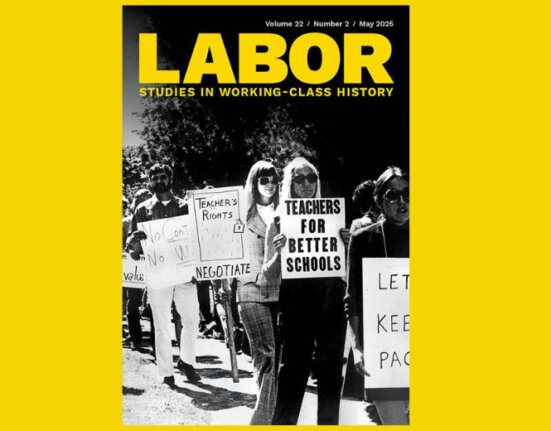
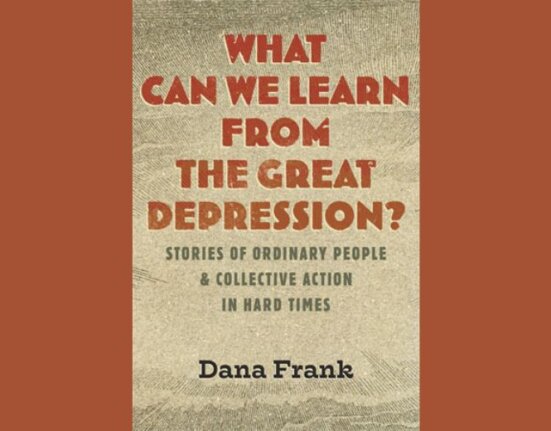
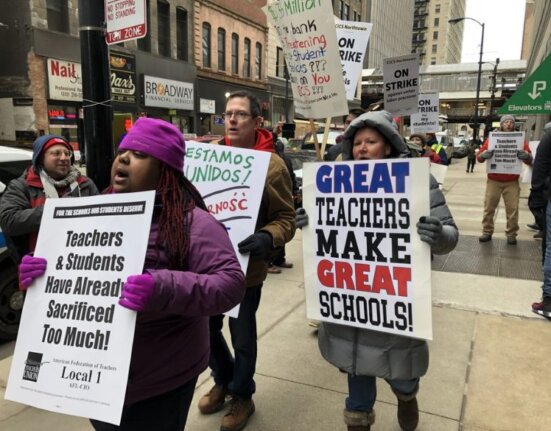
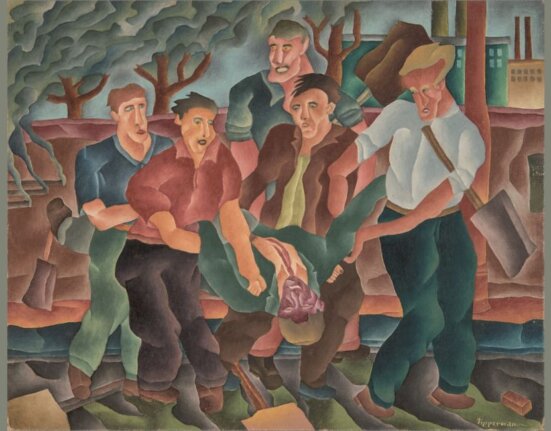
4 Comments
Comments are closed.